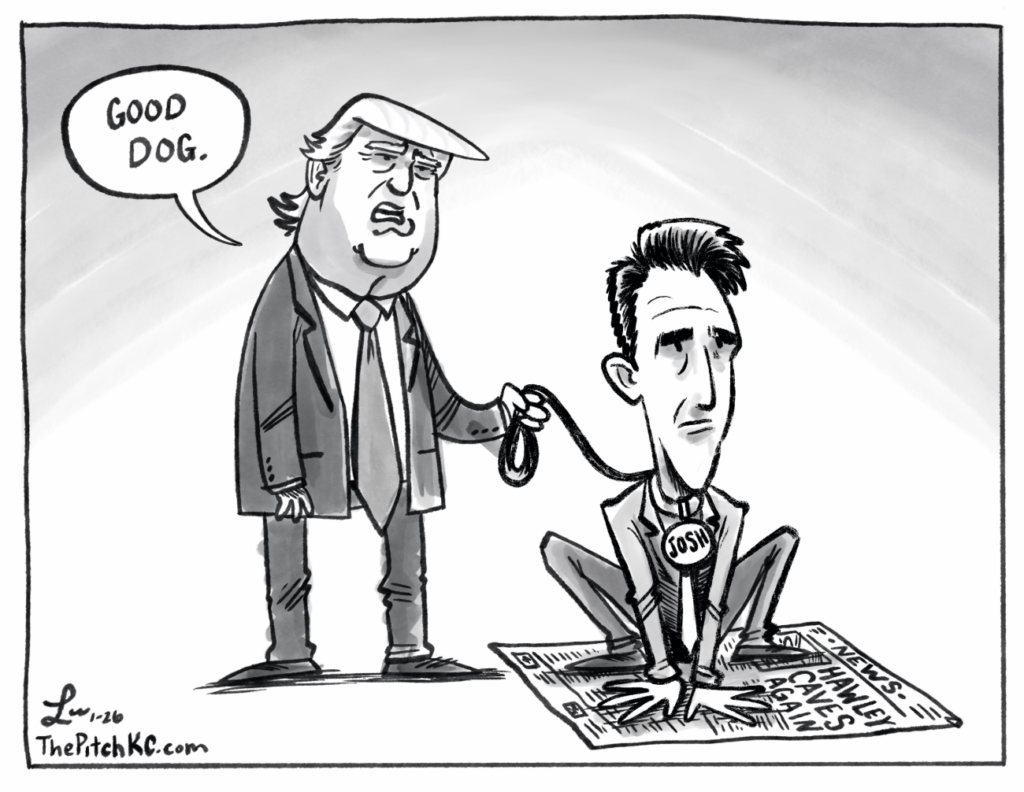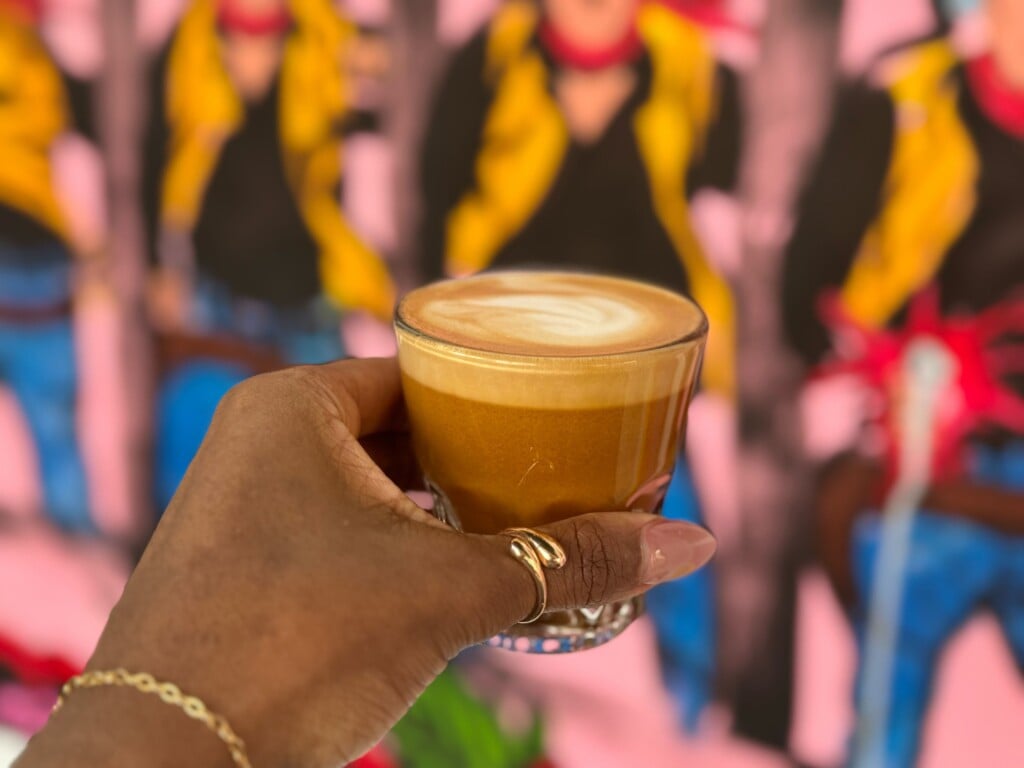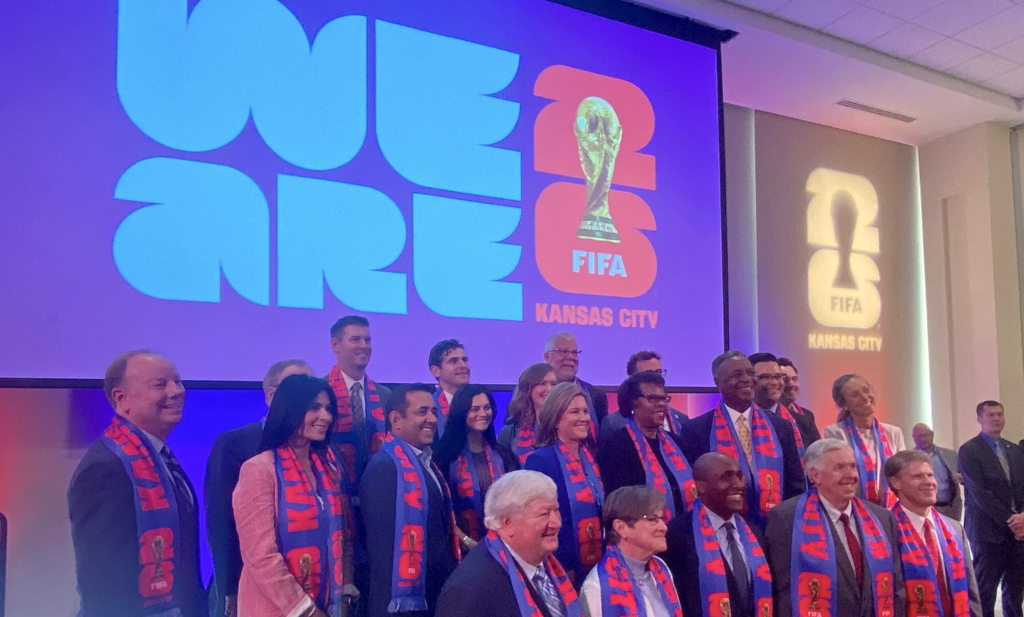The Second Coming

Indie heavyweight Steve Albini was once asked by an interviewer in Belgium to complete an acrostic alphabet of rock and roll. His list included Dick Dale for D and heroin for H. When he came to the letter K, Albini declared, “K is for Kansas City, home of one great rock band, the Sin City Disciples.”
That someone as revered and loathed as Albini thought of our town in correlation with music (even if he meant that there was only one great band) was pretty significant. And about Sin City being a great rock band? Well, that was just the truth.
The Sin City Disciples roared onto the KC music scene in the summer of 1986. They were high-octane blues-punk, loud, ferocious and raw. They thrust their sound upon audiences, pelting attendees with insane, twisted, dirty and inexplicably sexy performances. Front and center was the crazed harmonica of Ernie Locke, a man whose appearance can’t be ignored even when he isn’t sweating his ass off on a stage. Flinging his tattooed slab of a body about while his pants fell down, caressing his gnarly gut like a mink coat, Ernie was an eye-popping rock-and-roll spectacle.
“Yeah, I embrace my fat,” Locke says. “Shirt comes off, it scares people. It does make people sick or it makes them laugh. And I don’t have an ass — I got it from my dad, who wore overalls his whole life. My pants fall down.”
But it wasn’t just the showman antics that evoked strong reactions from audiences. Like John Popper on some serious uppers, the high-voltage harp playing bursting from the depths of Locke’s girth was sheer rocket fuel. The entire band picked you up and slammed you on the ground.
“Sin City was an amazing thing that will never be touched by anybody,” Locke tells the Pitch while idly strumming a guitar. “I mean, when I was doing it, I couldn’t believe it … the fucker just blew up. At the Crossroads in Lawrence, we had to put a picnic table up on its side, and I had to brace my foot against it while I played, to hold people back.”
The original Sin City lineup included Locke, Don Byrom, Dave Olds and Paul Estapar, a mix of musicians born of late-night, drug-induced jam sessions spent listening to Howlin’ Wolf, Butthole Surfers and Sonny Boy Williamson. After Estapar and Olds were ejected, the second lineup, including Jon Paul (of local Buddy Lush Phenomenon and Big Iron fame), Dave Hogerty and Brett Engle, took off like wildfire. After a performance at Austin’s South by Southwest Music Festival, the group proceeded to tear it up across the country, with Locke occasionally taking on the role of “Elvis Cooper,” a hybrid of Alice Cooper and Elvis Presley who threw Skittles into the crowd and brandished a laminated turkey leg.
“There was always a crazed, psychedelic edge to Sin City,” Locke says. “The Butthole Surfers were a huge influence on us, and everyone was on acid back then.” (The Pitch can confirm the verity of this last remark; our first encounter with Sin City, at the tender age of 15, came amid an acid-drenched audience at the now defunct Oasis.)
But after a long and established career pumped with constant touring and a huge following, Sin City disbanded in the summer of ’92. Don Byrom moved on to become a train conductor. “Donny said, ‘The trains are callin’ me, Ern,’ and that was it,” Locke says.
Fortunately, the demise of the old gave birth to the new. Ready to make every audience its bitch was Locke’s next project, Tenderloin, born in the fall of the same year. Both a progression of the Sin City sound and a new creation altogether, Tenderloin hit as hard as its predecessor. Its lineup included brothers Brock and Gray Ginther (of the Homestead Grays) and Guy Stevens.
The band auspiciously landed a contract with QJMP, producer Quincy Jones’ Warner Bros. imprint. In no time, it was touring with the Supersuckers, Wayne Kramer and the Reverend Horton Heat, among others. The lineup changed through the years, adding bassist John Cutler, followed by Kirk St. James and Taz Bentley of the Reverend’s crew. After Tenderloin was summoned to cover “Shotgun Willie” on the Willie Nelson tribute album Twisted Willie (alongside the likes of Johnny Cash, Waylon Jennings and Jello Biafra), Locke played harmonica on The Tonight Show with the Supersuckers and Willie Nelson himself.
“I’m telling you, I’m a very lucky man,” Locke says. “My whole entire musical career, I’ve been so lucky. I had Jon Paul drum for me, Donny Byron teach me rock and roll, Dave Olds open me up to funkier grooves. I’ve had people like Chuck Haddix and Frank Alverez tell me what to listen to. I’ve met and played with so many amazing musicians. I remember when Tenderloin was touring with Wayne Kramer — the nicest man on the planet — and I was backstage at the Viper Room in L.A. I’m sitting there talking politics with Kramer, the Ramones, Harry Dean Stanton and Michael Stipe. I mean, the brains and the history there — we’re talking the MC5 through R.E.M.”
Tenderloin also made the papers in the summer of ’97 when Locke decided to shake his cock at an oncoming security guard during an odd and (oddly enough) never-repeated show at Worlds of Fun. “These security guards were beating on these kids, wanting them to sit down,” Locke says. “Two hundred kids dancing, having a good time, and these security guards were just on fire. It’s a rock show — if people can’t dance, then why are we even here? I got cuffed as soon as I got offstage and ended up doing community service at Rockhill Manor, a mental ward up the street from where I lived.”
Which didn’t end up being all that bad. A friend (not affiliated with the ward) supplied Locke with Marinol (pharmaceutical marijuana), and Locke played harp and guitar to equally sedated patients for the duration of his service.
Unfortunately, Tenderloin, like Sin City, also had to come to an end. Its last show was in November of ’99. Endless touring had taken its toll. “I was coming home after three weeks on the road with 50 bucks and a sore liver,” Locke recalls. “Touring is hard on relationships, hard on everybody in the band, because that’s a relationship, too.”
Locke went on to create Parlay with local musicians Claes Lillig, Rob Veatch and former Tenderloin bandmate John Cutler. Parlay, though just as potent and locally popular as Sin City and Tenderloin, never achieved the same national level as Locke’s other bands and called it quits in 2001.
His next move was to pack up and head to Florida with his girlfriend. He built a house with his girlfriend’s family and worked their cattle farm, at first unable to fit into the local musical milieu. “I tried, and it’s like these fat white guys with Panama hats, you know, like playing the blues,” Locke says, coating the last phrase with sarcasm. “And to play the harp meant that Panama hat came off and was switched for a Blues Brothers hat. Bullshit. I would love Florida if there weren’t any people there.”
His career took a unique turn down south, however, when he got gigs playing old-timey chitlin’ blues in the middle of cotton fields in Mississippi and Alabama.
“I was touring with this old blues artist, James Peterson,” Locke says. “We were going to these old blues clubs in the middle of nowhere, no white people around. I would stay in the van or backstage until it was time for me to come out and play harp. I mean, I’m in old, rural territory, and I’m a fat white guy covered in tattoos … it would be easy to give the wrong impression. Once I played, though, shit was cool. We never had to stay in a hotel once. We always stayed at people’s homes. It was great.”
Now, five years after retiring, Locke is back. But why?
“I’m going back to work! I’m going to give music another go,” he says. “People don’t realize … KC is such a diamond. I really felt a new musical energy here, thank God. Rock and roll is in the air again. You’ve got bands like the Architects, and the Golden Hearted Whores with their new demos … it’s the same kind of feeling like when Cretin 66 finally got their album out. That kid at El Torreon, Nic [Aldrich], he recorded those Whores demos, and he did it right — they’re that good. They’re perfect. I’m jealous as hell.”
Reunited with Cutler and teamed with Lyle Wells and Bill Gillfoil (who goes by King Punk Rock Salami in the Pornhuskers), Locke is calling his new band the Missouri Bultaco Association, after Spanish motorcycle racers. It may take the scene some time to adapt to, um, the MBA, but as an appetizer, Tenderloin is reuniting for a show Saturday at Davey’s.
“I came back to play music,” Locke says. “This new band is more creepy blues. I’m really going to try and sing more, be more midtempo. It’ll be yet another slice of pie. And the Tenderloin reunion show is going to be the kickoff. I told you, I’m a lucky man. I’ve still got connections … I think people remember me.”




